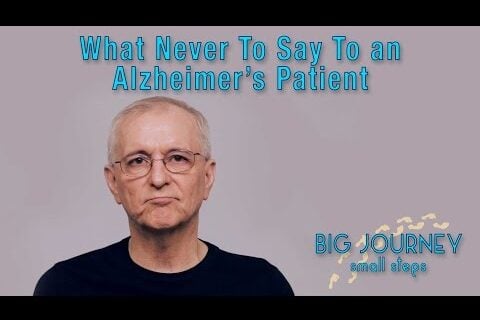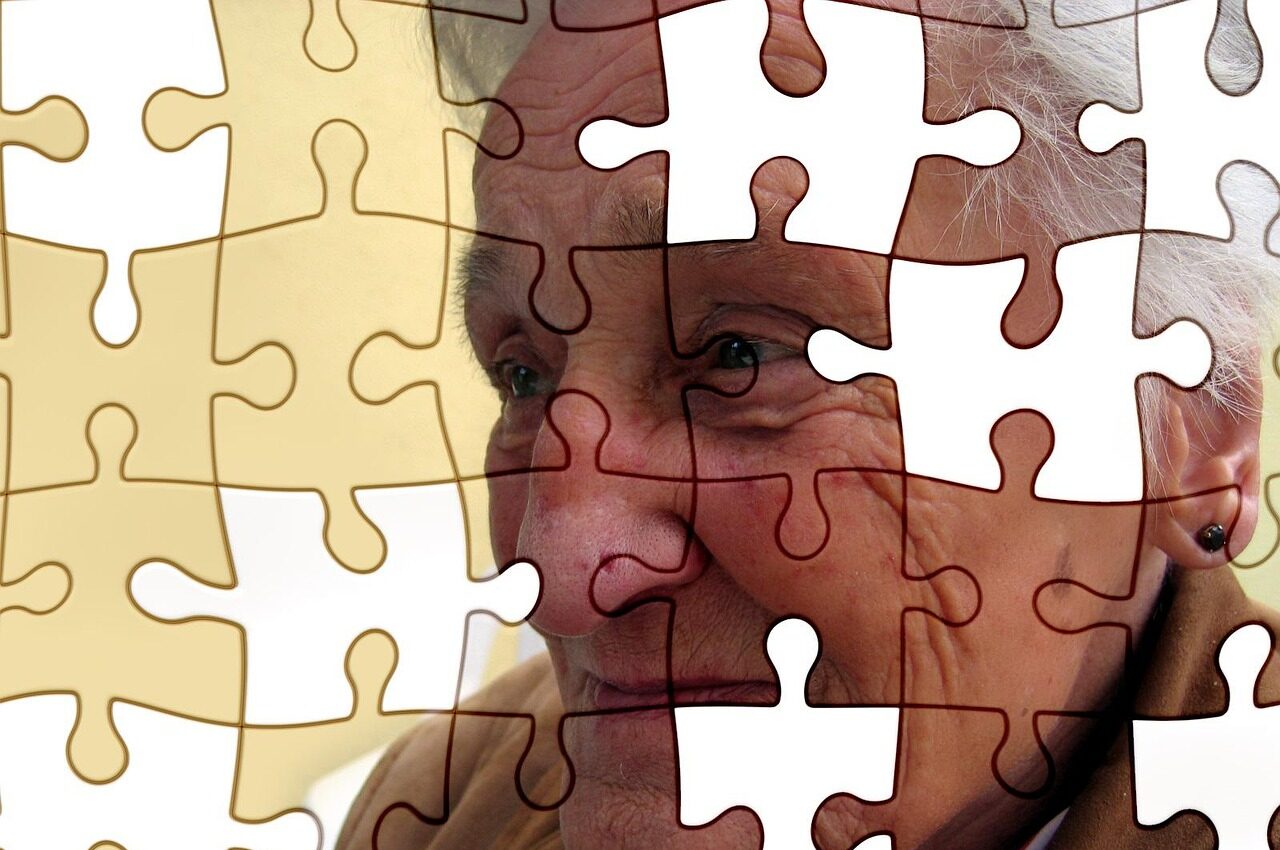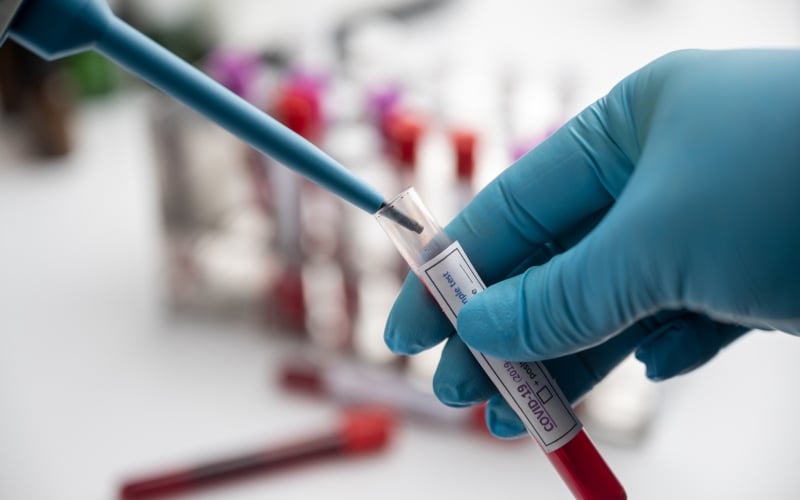 Author: Tegan BukowskiApril 1, 2023
Author: Tegan BukowskiApril 1, 2023 Invisible Illness WriterBy Tegan BukowskiInvisible Illness WriterTegan is the co-founder and CEO of WellSet, a digital platform providing holistic mental and emotional care to individuals and teams.Image by mbg creativeApril 1, 2023Our editors have independently chosen the products listed on this page. If you purchase something mentioned in this article, we may earn a small commission.While some health issues are visible to the outside world, many people face chronic conditions that don't have externally visible signs or symptoms—also known as invisible illnesses. In mindbodygreen's series, we're giving individuals with invisible illnesses a platform to share their personal experiences. Our hope is their stories will shed light on these conditions and offer solidarity to others facing similar situations.
Invisible Illness WriterBy Tegan BukowskiInvisible Illness WriterTegan is the co-founder and CEO of WellSet, a digital platform providing holistic mental and emotional care to individuals and teams.Image by mbg creativeApril 1, 2023Our editors have independently chosen the products listed on this page. If you purchase something mentioned in this article, we may earn a small commission.While some health issues are visible to the outside world, many people face chronic conditions that don't have externally visible signs or symptoms—also known as invisible illnesses. In mindbodygreen's series, we're giving individuals with invisible illnesses a platform to share their personal experiences. Our hope is their stories will shed light on these conditions and offer solidarity to others facing similar situations.Advertisement
This ad is displayed using third party content and we do not control its accessibility features.I've been a high achiever for as long as I can remember. From a young age, I always pushed myself harder and harder, to be outstanding and accepted. Underneath all that ambition, I had a constant pit in my stomach of stress and anxiety. No one was really talking about mental health at the time—at least not the way we do now—so I never felt like there was any place I could turn to with those feelings. I never wanted to be labeled as someone who had a problem.
It wasn't until I pushed myself to the limit during architecture school that I finally couldn't suppress my experience anymore.
My health took a dramatic turn in grad school
During graduate school, I started going to the hospital on a regular basis. I was experiencing bleeding in my gut, along with inflammation in my stomach and colon. Basically my entire digestive system would go into a full meltdown, requiring me to be hospitalized—sometimes for two weeks at a time.
Every time I went in, the doctors thought I had something like an acute salmonella reaction, but they could never conclusively give me a diagnosis. All they knew was I had extreme levels of inflammation, to the point it was causing my body to break down. They would put me on steroids and morphine to make me more comfortable.
After I graduated, I began a rigorous job that required me to work 90-hour weeks, and I hardly went home. Needless to say, my body didn't handle that well. Every few months, I'd end up hospitalized for weeks on end.
I went through a colonoscopy and all sorts of diagnostics, but the doctors still couldn't decipher what was going on. They tested for colitis, Crohn's disease, food poisoning—but there were never any conclusive results.
At one point, after being in the hospital for two weeks, the doctors were discussing possible transfusions. At that moment, I knew I had to change something—my body couldn't take what I was putting it through anymore.
Advertisement
This ad is displayed using third party content and we do not control its accessibility features.How I began my healing journey
I decided to take a break from my dream job and focus on things that would help my body rest and recover. I wanted to reevaluate my overall lifestyle and take a beat to see if I could find a solution that was more holistic rather than live the rest of my life on steroids. I'd been getting into yoga at the time, so I decided to take a deeper dive through teacher training, and I began incorporating a lot more meditation.
I was very intrigued by more integrative approaches to medicine, so I started to cultivate a community of holistic practitioners around me. I worked with a holistic nutrition coach to help guide me through an elimination diet to see if any foods might be triggering my symptoms. While I can't say for sure, that experience felt like it helped reset my body in a way that was similar to taking steroids—in other words, I felt really good. However, with the steroids, it felt like a Band-Aid fix, which wore off over time. Whereas, changing my diet really felt like it allowed my body to recalibrate in a way that it never had before.
I began to layer on other positive lifestyle practices, as well. I started going to therapy and working on repressed traumas, mainly through Eye Movement Desensitization and Reprocessing (EMDR) and other practices that help calm down my nervous system. Essentially, by prioritizing practices that supported me mentally and physically, I started to see improvement in my invisible illness.
After my experience, I wanted to help others find support
Through my healing journey, I met so many other people who were experiencing health challenges, who were also interested in working with holistic professionals. However, they didn't really know how or get in touch with them, or determine the right practitioner to seek out for their specific issue. That's where the idea for my company WellSet first emerged.
I started WellSet in 2017 with my co-founder Sky Meltzer. We started out as a marketplace to find and book wellness providers, who had been curated and vetted. However, in the years that followed, we discovered most of the people coming to our platform could only afford one session with one of these experts—so we set out to help increase care and make it more accessible overall. Now, we have a subscription model that offers livestreamed classes, an on-demand class library, and an article portal—to provide affordable resources to as many people as possible. We're also continuing to seek out even more ways we can increase access through various partnerships with insurance companies, schools, companies, and more.
Advertisement
This ad is displayed using third party content and we do not control its accessibility features.I don't have all the answers, but I'm proud of my progress
I still don't have an official diagnosis because what I've experienced doesn't fit into one box. Occasionally, I still have flare-ups (yearly or once every few years), without a lot of rhyme or reason. However, now, they aren't nearly as severe, and I don't have to spend weeks in the hospital. In fact, I haven't had a major flare-up in over five years. I attribute this progress to a combination of things: adequate sleep, a healthy diet, managing stress levels, moving my body in a gentle way, prioritizing recovery, and going to therapy.
Through my own research and journey to recovery, I've come to the theory that all of my unaddressed traumas and stress from my earlier years led to chronic inflammation. Even though I didn't realize it at the time, I think by internalizing all my fears and anxieties, it finally took a toll on my physical body, too.
That's why, I strongly believe—whether you have a simple cold or a more serious condition—your mind-body connection is essential to healing. So even if you're recovering from a very physical ailment, taking care of your mental and emotional well-being throughout the journey is just as crucial.
Advertisement
This ad is displayed using third party content and we do not control its accessibility features. Tegan BukowskiInvisible Illness Writer
Tegan BukowskiInvisible Illness WriterTegan is the co-founder and CEO of WellSet, a digital platform providing holistic mental and emotional care to individuals and teams. The platform offers classes in over 20 science-backed holistic modalities such as meditation, yoga, breathwork, hypnotherapy, Ayurveda, myofascial release, EFT/Tapping and more. You can learn more at www.wellset.co.
Original Article










